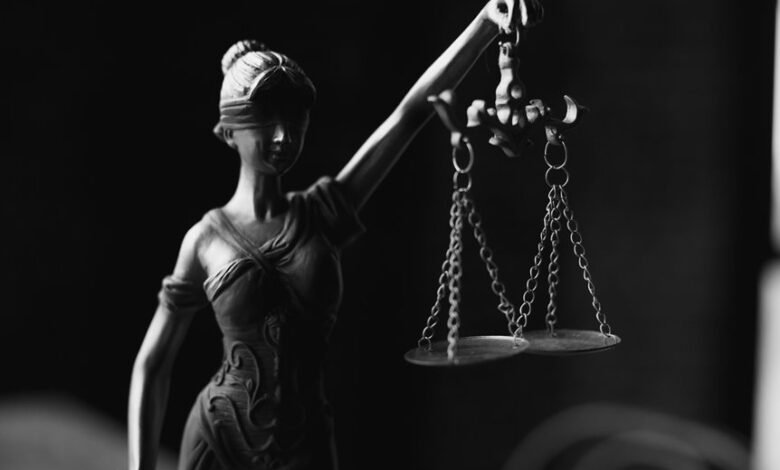Sulamericana: A Influência Jurídica na Região Sul do Brasil

Sulamericana has emerged as a significant player in the legal framework of southern Brazil. Its initiatives focus on legal harmonization and improved governance, addressing prevalent regional challenges. By engaging local communities and advocating for social equity, it seeks to enhance the representation of marginalized voices. This multifaceted approach raises questions about the long-term implications for local laws and societal structures. What transformations might occur as Sulamericana continues to influence the region's legal landscape?
The Origins and Goals of Sulamericana
The establishment of Sulamericana can be traced to a confluence of historical, social, and legal developments in southern Brazil.
Its origins lie in a rich historical background marked by regional collaboration among diverse stakeholders.
This coalition aimed to address common legal challenges and promote equitable governance, reflecting a collective aspiration for autonomy and progressive reform within the region, fostering a framework for enhanced legal influence.
Impacts on Local Laws and Governance
While acknowledging the historical context from which Sulamericana emerged, its influence on local laws and governance has been profound and multifaceted.
Through initiatives promoting legal harmonization, Sulamericana has reshaped governance frameworks in southern Brazil, fostering collaboration among jurisdictions.
This transformation encourages coherence in legal standards, enhancing the effectiveness of local governance while empowering communities to navigate complex legal landscapes with greater autonomy and clarity.
Advancements in Social Justice and Community Engagement
Recognizing the complexities of social disparities, Sulamericana has made significant strides in advancing social justice and fostering community engagement across southern Brazil.
By promoting social equity initiatives and empowering local communities, the organization has facilitated greater participation in governance.
These efforts underscore the importance of collaborative frameworks that not only address systemic inequalities but also enhance the collective voice and agency of marginalized populations.
Conclusion
In conclusion, Sulamericana's transformative influence in southern Brazil not only fosters legal harmonization but also empowers marginalized communities to engage effectively in governance. While critics may argue that such initiatives risk oversimplifying complex legal issues, the organization's comprehensive approach underscores the necessity of inclusive dialogue and equitable representation. By addressing systemic disparities, Sulamericana paves the way for a more just society, demonstrating that collaborative efforts can yield substantial improvements in local legal frameworks and community resilience.




